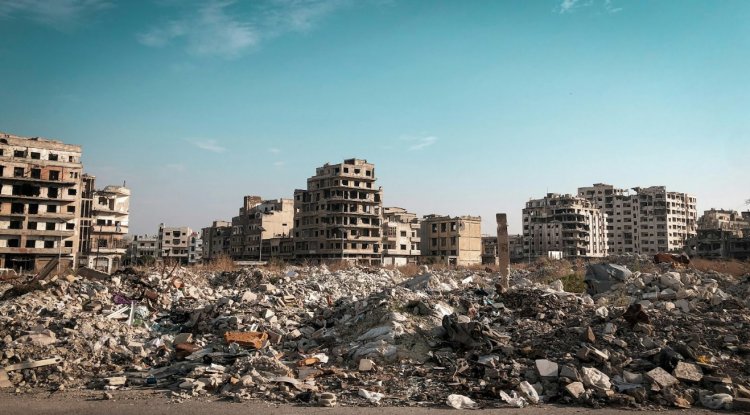UNITAD, established in 2017, aims to hold ISIL accountable for Iraq’s occupation, but concerns remain about potential misuse of UNITAD mechanisms.
The end of UNITAD’s mission in Iraq : a severe blow to accountability for sexual violence committed by ISIL








Comments